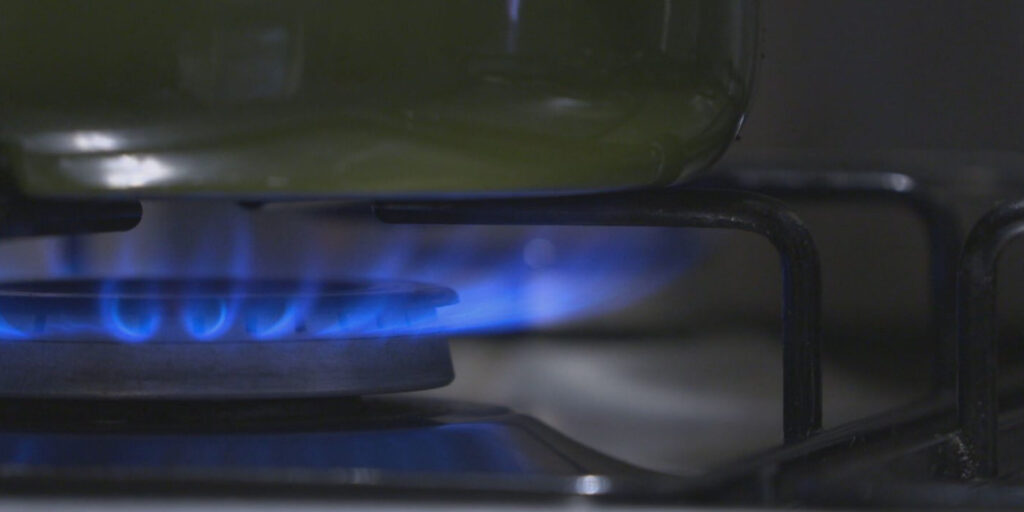The SNP has accused Labour of “rank hypocrisy” for pledging to reduce energy bills while Scotland continues to face “shocking and vastly outdated” grid charges.
Although Scotland generates 15.5% of the UK’s electricity—nearly double its population share of 8.2%—residents pay some of the highest energy bills in Europe, according to the SNP.
While tariff prices are uniform across the UK, standing charges vary significantly by region, disproportionately impacting Scotland.
Disparity in Standing Charges
The SNP highlighted that standing charges in Scotland are among the highest in the UK. For example:
Northern Scotland: 61.97p per day
Southern Scotland: 64.17p per day
In comparison, charges in London and the South East are notably lower at 41.57p and 57.84p per day, respectively. However, some regions in England, such as Yorkshire (68.27p) and the North (72p), face higher rates than Scotland.
Standing charges in the Scottish Hydro network, covering the Highlands and Islands, have surged by 113.7% between 2021 and 2023.
While Ofgem confirmed that standing charges for direct debit customers across the UK have also doubled in this period, the SNP argues that the policy is unfair to energy-producing regions like Scotland.
Labour’s Energy Bill Pledge Under Fire
Labour has promised to cut annual household energy bills by £300 by 2030, but the SNP claims this pledge fails to address the systemic issues in the UK’s energy market. The party has called for an overhaul of standing charges and further devolution of energy powers to Holyrood.
Emma Roddick, SNP MSP for the Highlands and Islands, criticised Labour for ignoring Scotland’s energy contribution while pledging to lower bills.
“For too long, Scotland has been penalised with exorbitant grid charges,” she said. ” “This is nothing more than rank hypocrisy and is resulting in shocking charges being passed down to consumers.
“Reforming this unfair system must be a priority in 2025, to ensure households and businesses in Scotland get a fair deal, and the only way to ensure that is by devolving energy powers to Holyrood.”
A spokesperson for the Department for Energy Security and Net Zero defended the UK Government’s efforts, pointing to measures like the £150 Warm Home Discount, expected to assist three million vulnerable households this winter.
They emphasised the importance of accelerating the transition to clean, homegrown energy to reduce reliance on global fossil fuel markets and ensure affordable power for all.


